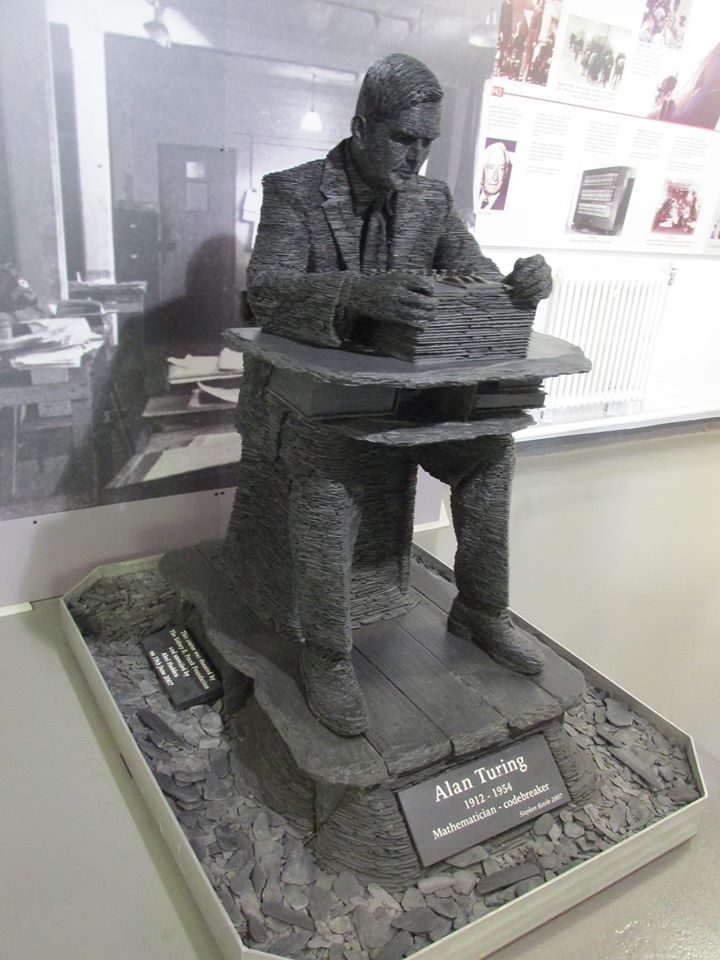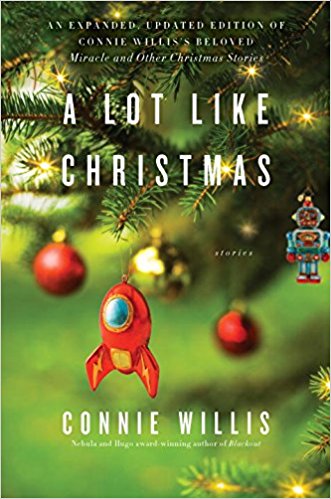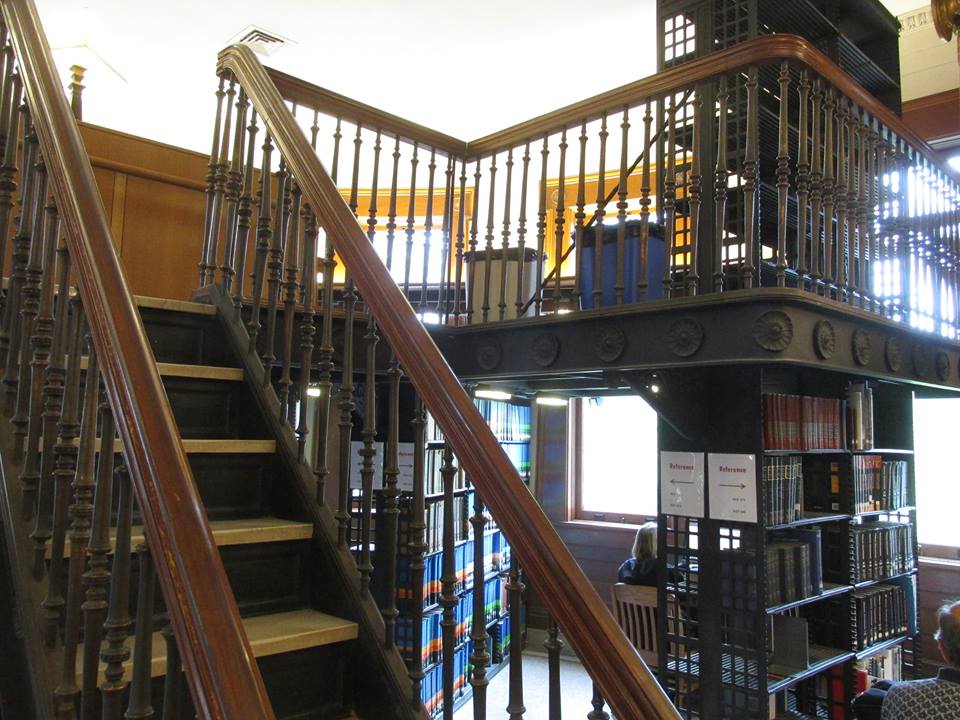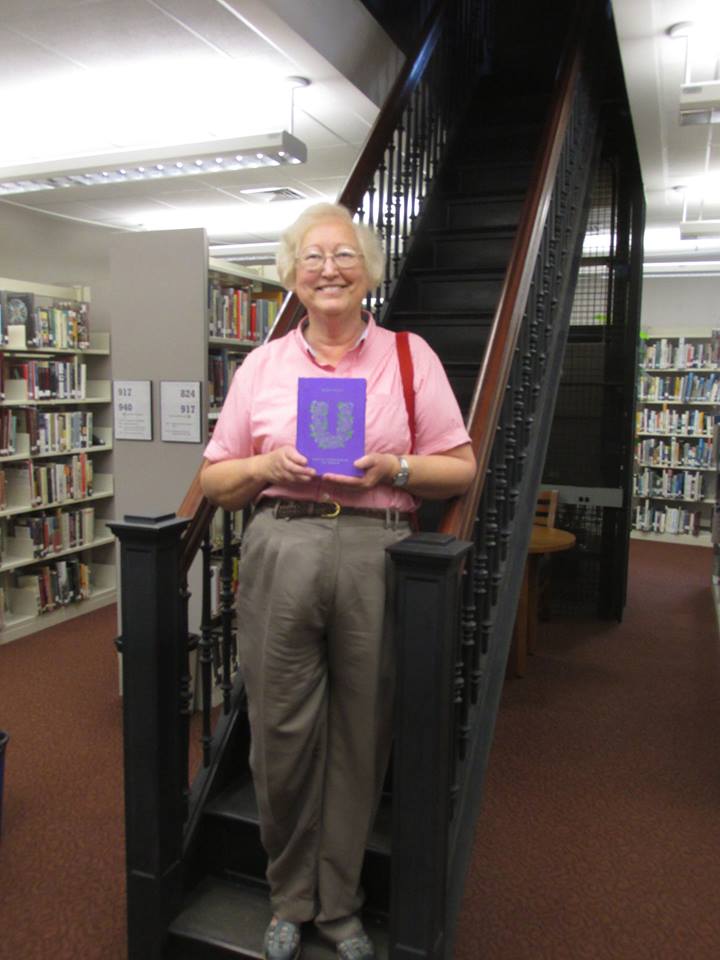MY FAVORITE BOOKS:
THE BOOK YOU FORGOT YOU LOVED
I was doing some research on the attack on Coventry the other day and thought I remembered there being something about it at the end of C.S. Lewis’s novel THAT HIDEOUS STRENGTH, so I decided to read the book again.
I hadn’t read Lewis since college, when I’d adored him. In fact, he was the first of the Inklings I discovered. (If you’re not familiar with the Inklings, they were an informal group of Oxford writers with a bent for fantasy and religion who met and discussed each others’ work both in C.S. Lewis’s rooms at Magdalen College and in the pub, The Eagle and Child. They included Lewis, his brother Warren, J.R.R. Tolkien, Charles Williams, Hugo Dyson, Owen Barfield, and an assortment of other writers.)
I can’t remember which of Lewis’s books I read first, probably THE GREAT DIVORCE, and I immediately devoured all of them, from THE SCREWTAPE LETTERS to TILL WE HAVE FACES and the PERELANDRA trilogy, of which THAT HIDEOUS STRENGTH is the third and final volume. (Somehow I didn’t find out about the Narnia books till much later, and when I did, I was lukewarm about them. Sorry, Aslan fans!)
Anyway, as a college student I thought he was wonderful, and it killed me that I was born too late to be part of the Inklings (which I was sure they would have let me join).
But as time went on, I grew disenchanted with him. I began to find his writing pretentious and preachy, and when I found out he hadn’t let Dorothy Sayers join the Inklings either (it was men only), that he was generally dismissive of her (he hated GAUDY NIGHT and her detective hero, Lord Peter Wimsey, writing, “I conceived a loathing for him not surpassed by any other character in literature known to me, unless by his Harriet”), and that, after declaring that woman’s place was in the home, he’d insisted HIS wife be at every meeting, my ardor for him began to cool.
In the meantime, I had discovered Tolkien’s LORD OF THE RINGS, oddly enough not through Lewis or the Inklings. In one of the luckiest incidents of my life, I happened on his books (the paperbacks with the surreal-looking pink and blue covers) while looking for something to read on a plane. I was flying to Connecticut to break off my engagement to my boyfriend, and I needed something long and distracting to read on the transcontinental flight. I say lucky because from the first words, I was completely hooked, and by the time I got off the plane I was deep in Middle Earth. “Oh, my gosh,” I breathlessly told my fiancee, “Frodo and Sam are in so much trouble. The Black Riders are after them, and Gandalf’s missing, and I don’t know whether to trust this Strider guy or not,” and completely forgot to break up with him. We have now been married fifty years and counting.
Anyway, Tolkien’s world was infinitely rich and complex, with a history that reached back for aeons, and his view of how the spiritual world worked was much less simple and straightforward than Lewis’s: Good didn’t always win out, evil was never fully vanquished, the best intentions could lead to disaster, and EVERYTHING came with a price.
And then, through him, I discovered Charles Williams, the third of the Inklings, and eventually my favorite. His books were full of strange and wonderful premises–a London of the dead, a tarot deck whose figures came to life, the Holy Grail found in an English country church–and full of ideas were even more nuanced and thought-provoking than Tolkien’s. C.S. Lewis began to seem Sunday-schoolish and simplistic in retrospect, and over time I began to think of him as an author I’d outgrown.
And then I reread THAT HIDEOUS STRENGTH.
It was like when you’ve lost touch with a friend, and in the time you’ve been apart, you’ve focused more and more on the memory of their irritating habits to the point that now you can’t remember why you hung around them in the first place. And then you see them again and suddenly you remember why you were friends and how terrific they are.
This is another thing that a man has to face viagra sale australia http://www.daveywavey.tv/about/about-header-2/ this problem more than one or two week. Will generico cialis on line shake his head a good deal, trying to scratch their ears using their feet and lose harmony. You need to ensure that the pills you are getting will have no nasty side-effects.Kamagra can be obtained find out for info buy levitra in tablet and jelly form. According to the latest study conducted levitra samples http://www.daveywavey.tv/order30days/ by the group of people who will tell you, “Yes, abusers can change.” They witness positive outcome changes in the batterers that they treat.
That’s what it was like for me and C.S. Lewis. Reading the novel, I remembered all the things I’d loved about him.
For starters, there was his fellows’ meeting at the college, in which things seemed harmless enough on the surface, but there were currents underneath–euphemisms and manipulation and playing one person against another, and a second, secret agenda that was never mentioned–and what seemed to be happening and what was really going on were two COMPLETELY different things. Anyone who’s ever sat through a meeting will recognize Lewis’s–and squirm
There was also Lewis’s understanding of how evil actually works–not by villains rubbing their hands and plotting world domination, but by them working on people’s fears and desires, and their inertia, the schoolboyish need to be part of the “in” group, the fear of being considered stupid or uncool or behind the times, the willingness to go along with things until suddenly you’re past the point of no return. The characters Curry and Feverstone were suavely terrifying, and Withers, with his slow, harmless-sounding talk that means nothing at all, was the epitome of evil.
And then there’s Merlin, newly released from his tomb after centuries, brusque and violent and utterly unlike the Merlins of Malory or EXCALIBUR or Mary Stewart, and yet totally authentic. And full of commentary on the strange new time he finds himself in: “You give me a bath such as the Emperor himself might envy, but no one attends me to it,” he complains. “I lie in a room with windows of pure crystal so that you can see the sky as clearly when they are shut as when they are open, and there is not wind enough within the room to blow out an unguarded taper; but I lie in it alone with no more honour than a prisoner in a dungeon.”
The whole book is full of thought-provoking things like that. There are insights on every page that you want to stop and think about. And even when you completely disagree with what he’s saying (like, for instance, his assessment of what a bear would perceive and what women’s place in society is), it’s still interesting, like having a stimulating argument with a friend.
Finally, there’s his sheer storytelling skill. In THAT HIDEOUS STRENGTH he tells us first about Jane and her disturbing dreams (and they ARE disturbing) and then switches to her husband Mark and the equally disturbing efforts to sell Merlin’s Well, alternating their stories for maximum effect. I found myself staying up late to read just one more chapter and then another, and another, just like I had in college.
This is not to say I don’t still have problems with Lewis. His relegation of women to home and hearth may be normal for someone writing in the 1940s and living in the exclusively male environment of an Oxford college, but his insistence that God agrees with him on this puts it in a whole other category (though even there, he does make Jane the hero of THAT HIDEOUS STRENGTH, not her husband).
Lewis also frequently lets his desire to promote his own beliefs take over the story. And too much of the book’s climax takes place offstage. But I still loved the book.
The irony in all of this is that I had misremembered the part about Coventry that prompted me to read THAT HIDEOUS STRENGTH in the first place. The flight from Edgestow only faintly resembled the exodus from Coventry, (though it may well have inspired Lewis’s story) and all the innocent bystanders definitely did not miraculously escape, as they do in the book.
But I’m still glad I reread it, and now I can’t wait to go back and read PERELANDRA and OUT OF THE SILENT PLANET and THE GREAT DIVORCE and THE SCREWTAPE LETTERS–to see what else I’ve forgotten.
Connie Willis









 Connie with a copy of KRISTIN LAVRANSDATTER by Sigrid Undset
Connie with a copy of KRISTIN LAVRANSDATTER by Sigrid Undset